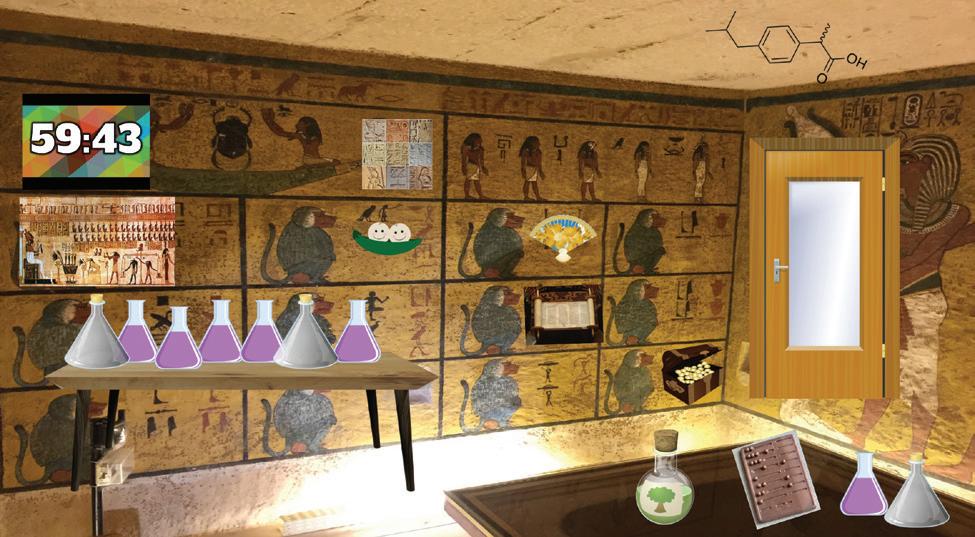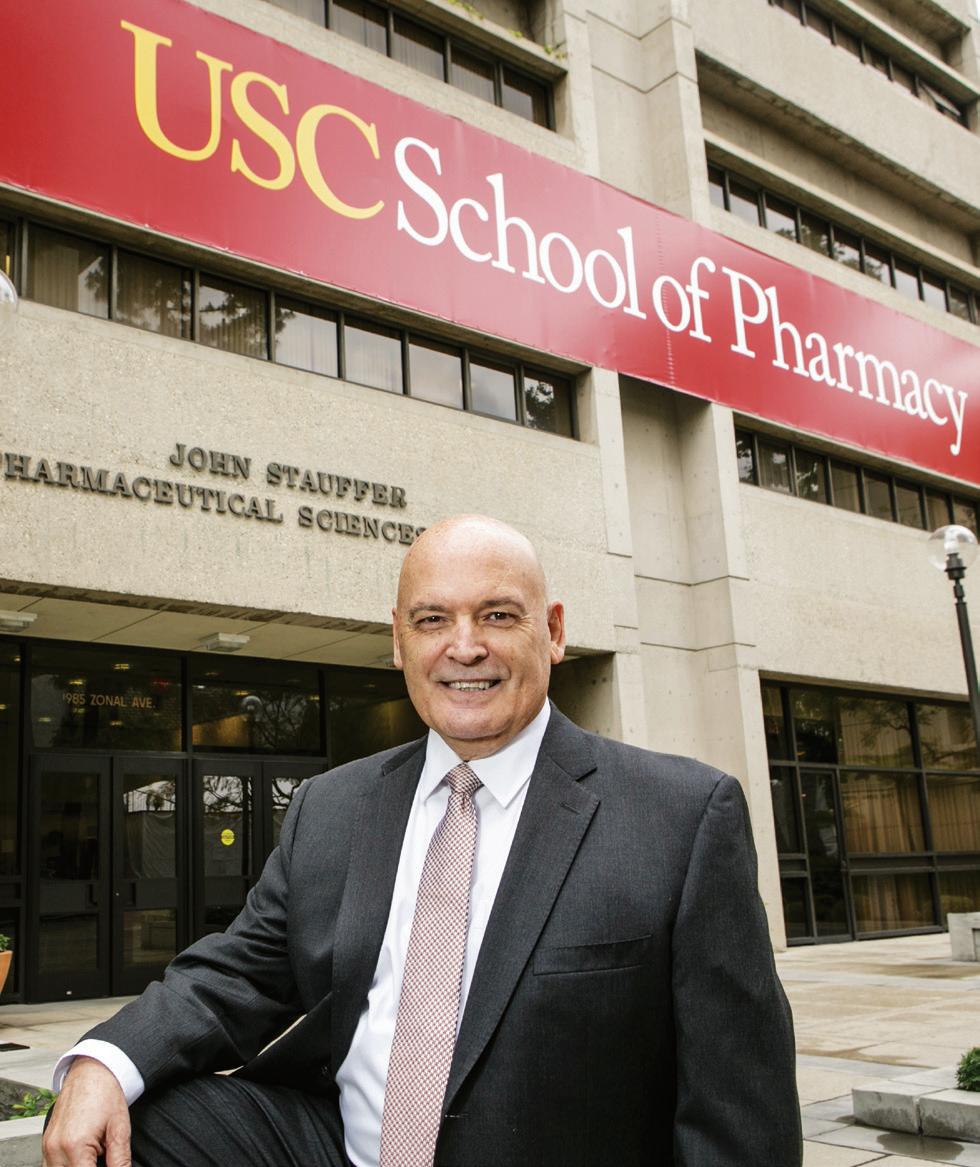
2 minute read
PANDEMIC FATIGUE STUDY
PANDEMIC FATIGUE THREATENS COVID-19 SAFETY GAINS
Even as vaccines and other pharmaceutical interventions against COVID-19 ramp up, nonpharmaceutical measures remain critical to stemming the pandemic. Yet, although mask wearing has increased, not enough people use social distancing, according to research led by John Romley, an associate professor at the School of Pharmacy and an economist at the USC Schaeffer Center for Health Policy & Economics.
Published in JAMA, the study analyzed 16 waves of biweekly responses to the ongoing Coronavirus Tracking Survey. Covering the period from April 1 to November 24, 2020, Romley and his co-authors found that people leaving home only for essential activities or exercise decreased from 79.6% to 41.4%. In addition, only 37.8% reported avoiding close contact with people from outside their households, compared to nearly 63.5% earlier in the pandemic.
“There has been a lot of talk about ‘pandemic fatigue,’ and this study clearly shows that people are less willing to take precautions to limit the risk of infection and slow the spread of the virus,” Romley notes. Such fatigue may also account for the increase in dining out, as restaurant avoidance decreased from 87.3% to 65.8%.
The findings were determined by developing an adherence index of 16 evidence-based protective measures to gauge apathy and resistance toward interventions. The researchers adjusted for age, sex, race and ethnicity, education, household income and the seven-day mean of daily new cases in each respondent’s state.
Based on this index, overall adherence decreased from 70 to 60.1 out of 100 during the period analyzed. The trends were found in all regions of the U.S.
On the positive side (at least in terms of increased odds of testing negative for the coronavirus), mask wearing rose from 39.2% to 88.6%. But that is not enough, explains Romley—especially as inevitable snags occur in vaccine distribution.
“Vaccines are here, but vaccination takes time,” Romley notes. “In the meantime, we need to stay focused on protecting one another. We should target behaviors that are most effective and least disruptive. We also need to recognize that people may be tempted to let down their guards after a first dose of vaccine.”
The Coronavirus Tracking Survey has garnered support from the Bill and Melinda Gates Foundation, the National Institute on Aging and the National Science Foundation. The survey recruits participants from the Understanding America Study, which is conducted by the USC Center for Economic and Social Research. To ensure diverse representation, households without online access are provided with internet-connected tablets.











